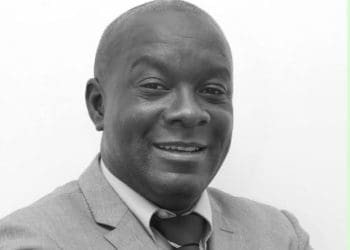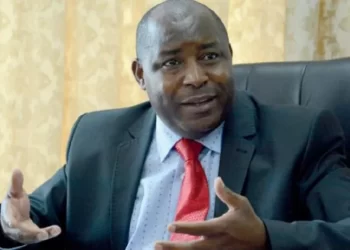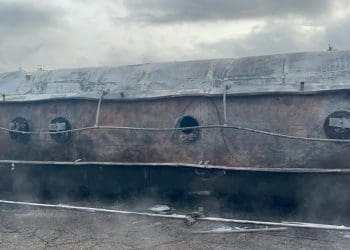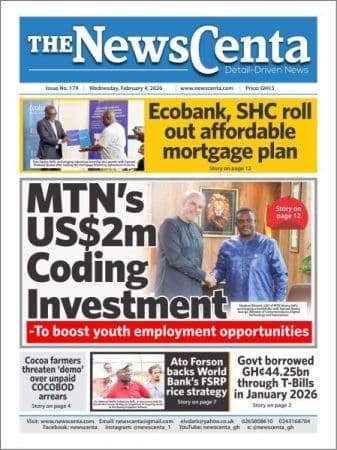The National Peace Council of Ghana has highlighted forgiveness as a powerful tool for conflict resolution and national unity during the Third Edition of the National Forgiveness Conference held on Sunday evening.
Speaking at the event, Mr. Stephen Amegadzi, Principal Programmes Manager of Research, Monitoring and Evaluation at the National Peace Council, defined forgiveness as “letting go of bitterness towards someone who has wronged you” and emphasised its transformative power for individuals and communities.
“Forgiveness is a powerful therapeutic intervention that releases the paralysing effects of damaging acts from both the forgiver and the forgiven,” Amegadzi stated, citing research that demonstrates how forgiveness can transform givers, receivers, and entire communities in positive ways.
The peace advocate outlined multiple benefits of forgiveness, including improved emotional well-being, better mental health, personal growth, and the restoration of damaged relationships. He noted that holding onto anger and resentment is “emotionally draining and harmful,” while forgiveness leads to “inner peace and a sense of liberation.”
Amegadzi drew connections between forgiveness practices across Ghana’s major religious traditions, noting how Christians seek forgiveness during Easter, Muslims engage in atonement during Ramadan, and practitioners of African traditional religion use festivals as opportunities for reconciliation with families and friends.
The National Peace Council official revealed that the organisation has adopted forgiveness as a core mechanism in its daily mediation and arbitration processes, to restore relationships and prevent conflicts.
“It is our hope and prayer that going forward, through this intervention by this great church, the country will remain united, healing in spirit and soul, and continue to become an enviable nation among the nations of the world,” Amegadzi concluded.
The National Forgiveness Conference brought together participants from across Ghana to promote unity and reconciliation in the country. It is an annual event held by a charismatic Christian denomination located in the Dansoman area of Accra, Ghana, led by Bishop Moses Kofi Amponsah.












